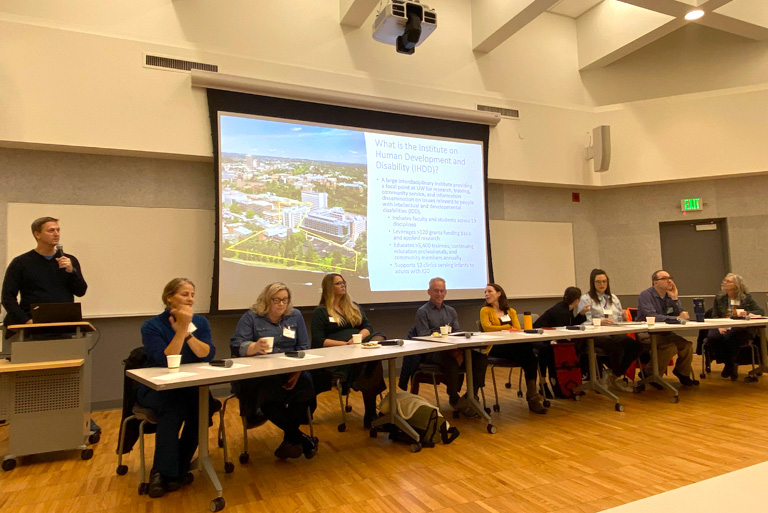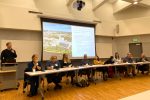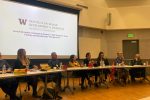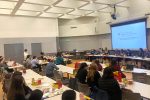Home / News /
Exploring Consent & Assent in IDD Research: A Lunch and Learn Panel
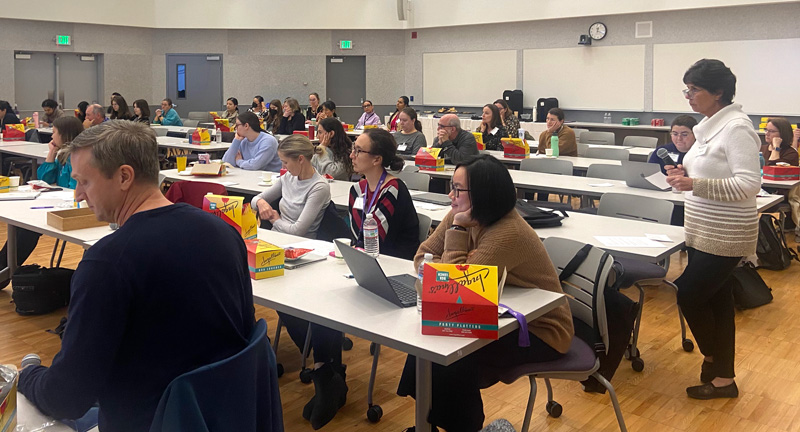 The recent IHDD Lunch and Learn on Consent & Assent in IDD Research from Family and Researcher Perspectives brought together researchers, advocates, and family members to discuss ethical practices in consent and assent for people with intellectual and developmental disabilities.
The recent IHDD Lunch and Learn on Consent & Assent in IDD Research from Family and Researcher Perspectives brought together researchers, advocates, and family members to discuss ethical practices in consent and assent for people with intellectual and developmental disabilities.
Mark Harniss, UCEDD Director at the IHDD and Director of the Center for Technology and Disability Studies, opened the event by highlighting a critical issue in representation. He noted that 75% of NIH-funded studies exclude adults with IDD, and 90% exclude children with developmental disabilities—often due to challenges in consent and assent procedures.
The panel addressed considerations for both pediatric and adult participants with IDD, as speakers shared insights from both research and lived experiences. They emphasized the importance of developing adaptable, high-quality assent practices that respect participants’ dignity, autonomy, and desire for engagement.
Micah Pepper, Business Operations and Research Manager of the Alyssa Burnett Adult Life Center, highlighted this perspective, saying, “High-quality assent helps participants feel like they want to participate and engage with research.” Her insight emphasized the importance of respecting participant choice while enabling meaningful contributions to their community.
Self-advocate John Wennberg, a classroom assistant at the Alyssa Burnett Adult Life Center, shared his perspective on the ongoing process of adaptation in research and life. Reflecting on his journey, he remarked, “We are all on a journey, and we continue adapting as we learn.” His words served as a reminder of the value of growth and adaptability in research practices.
Shawnda Hicks, a parent advocate and faculty in family discipline at UW LEND, highlighted the importance of flexible and evolving practices in research. “If something new comes up, we’ll adapt,” she stated, echoing the need for adaptable consent practices to meet participants’ changing needs. Her dual perspective as both a parent and a professional advocate for families added depth to the discussion on ethical consent.
From a parent advocate’s viewpoint, Chris Covey shared her experience of navigating the consent process for her child. “There was no way to do research that was easy when John was little; technology has helped support high-quality assent and consent,” Covey noted, highlighting the impact of technological advances in improving access to clear, supportive consent procedures.
To share your feedback on this event, please fill out our survey to help us improve future panels and discussions.

